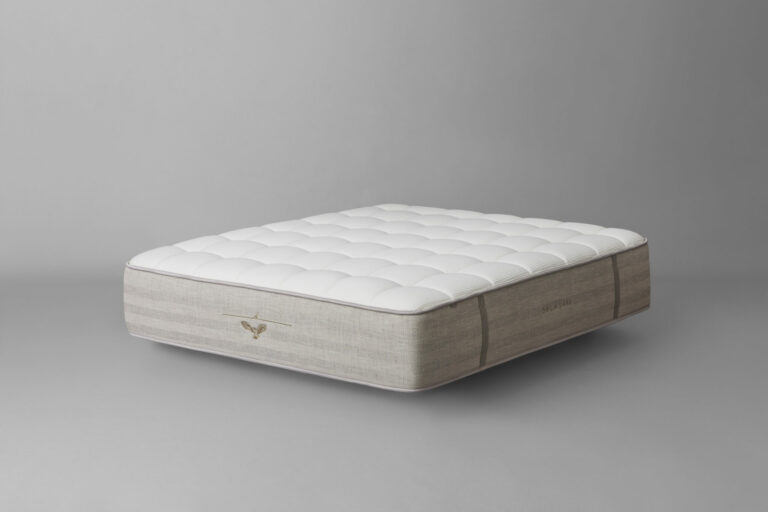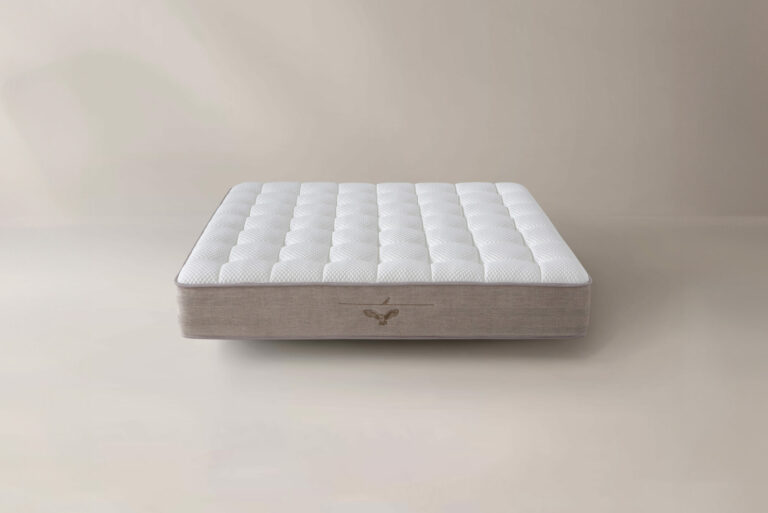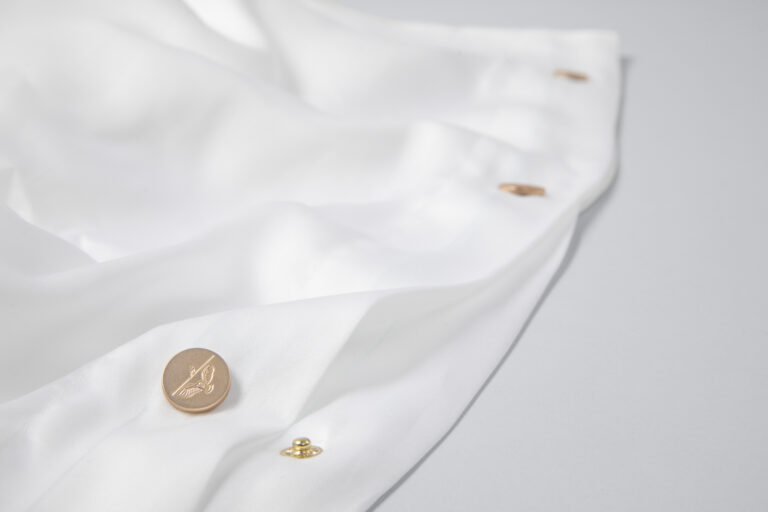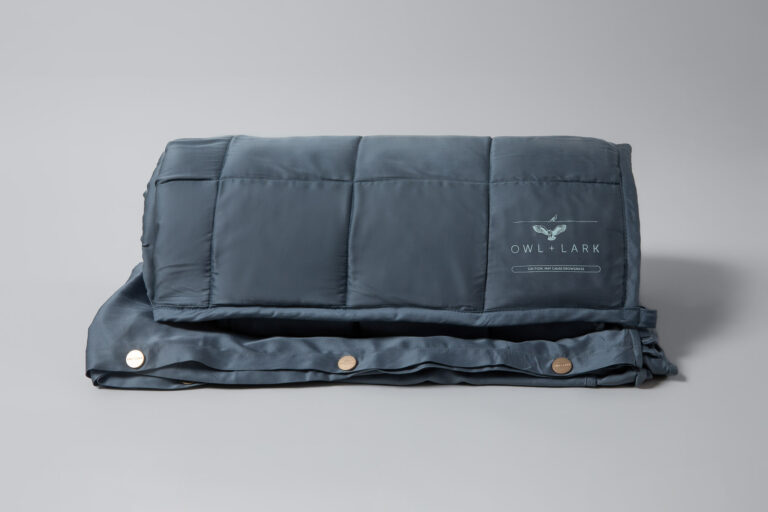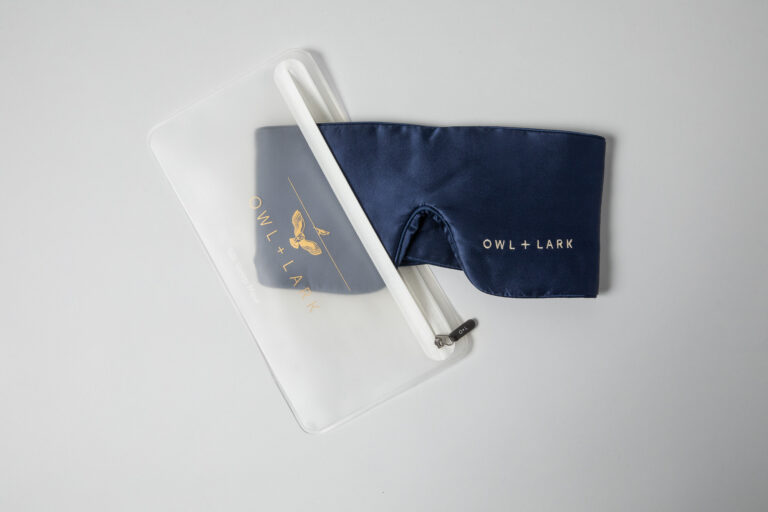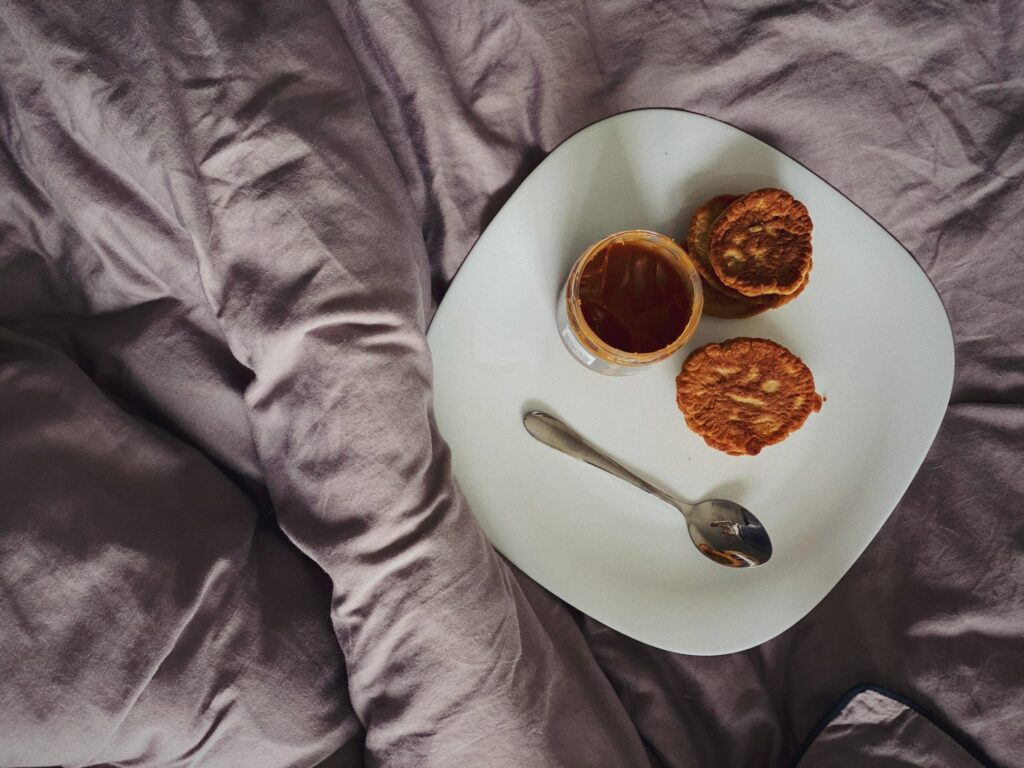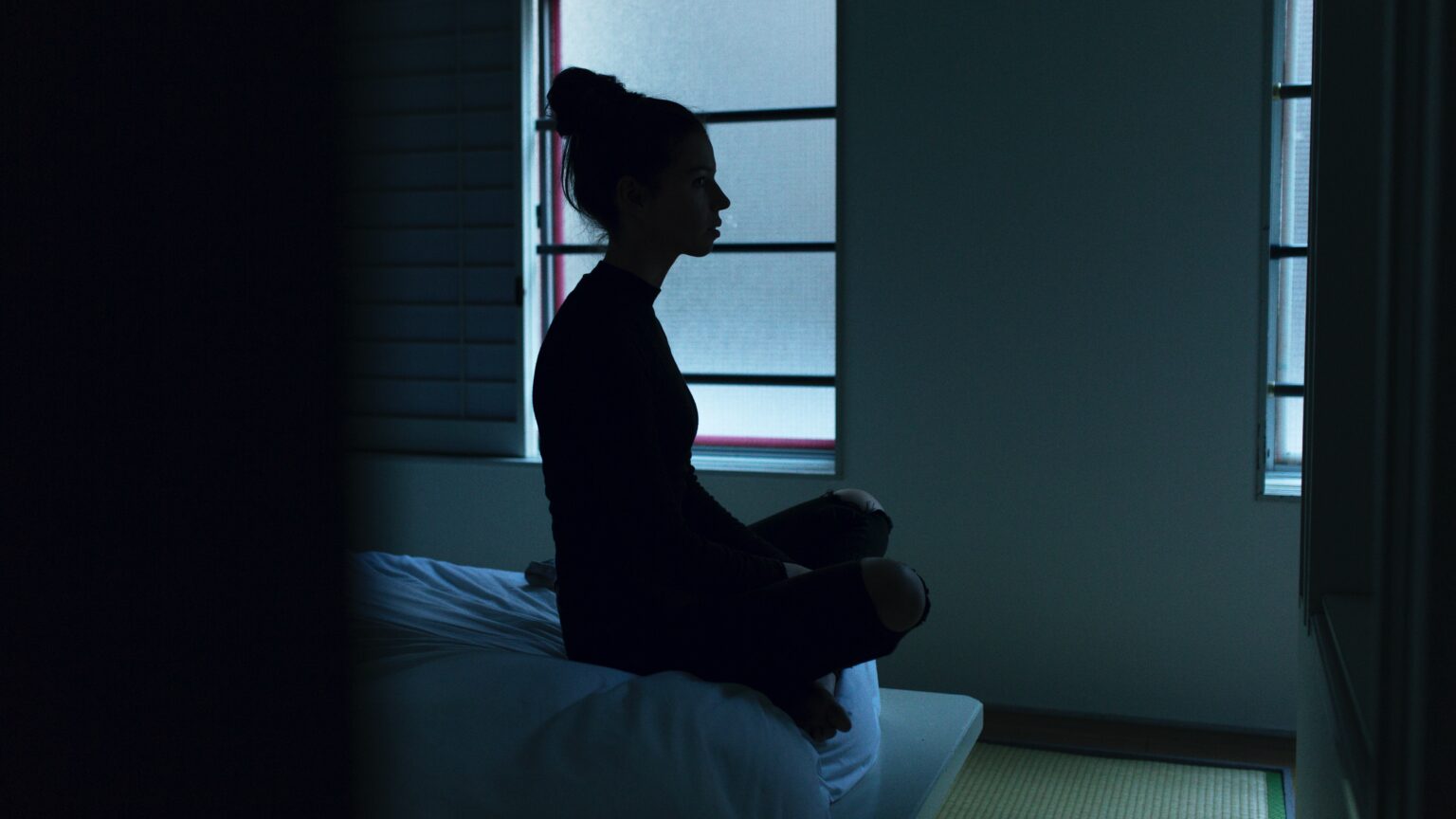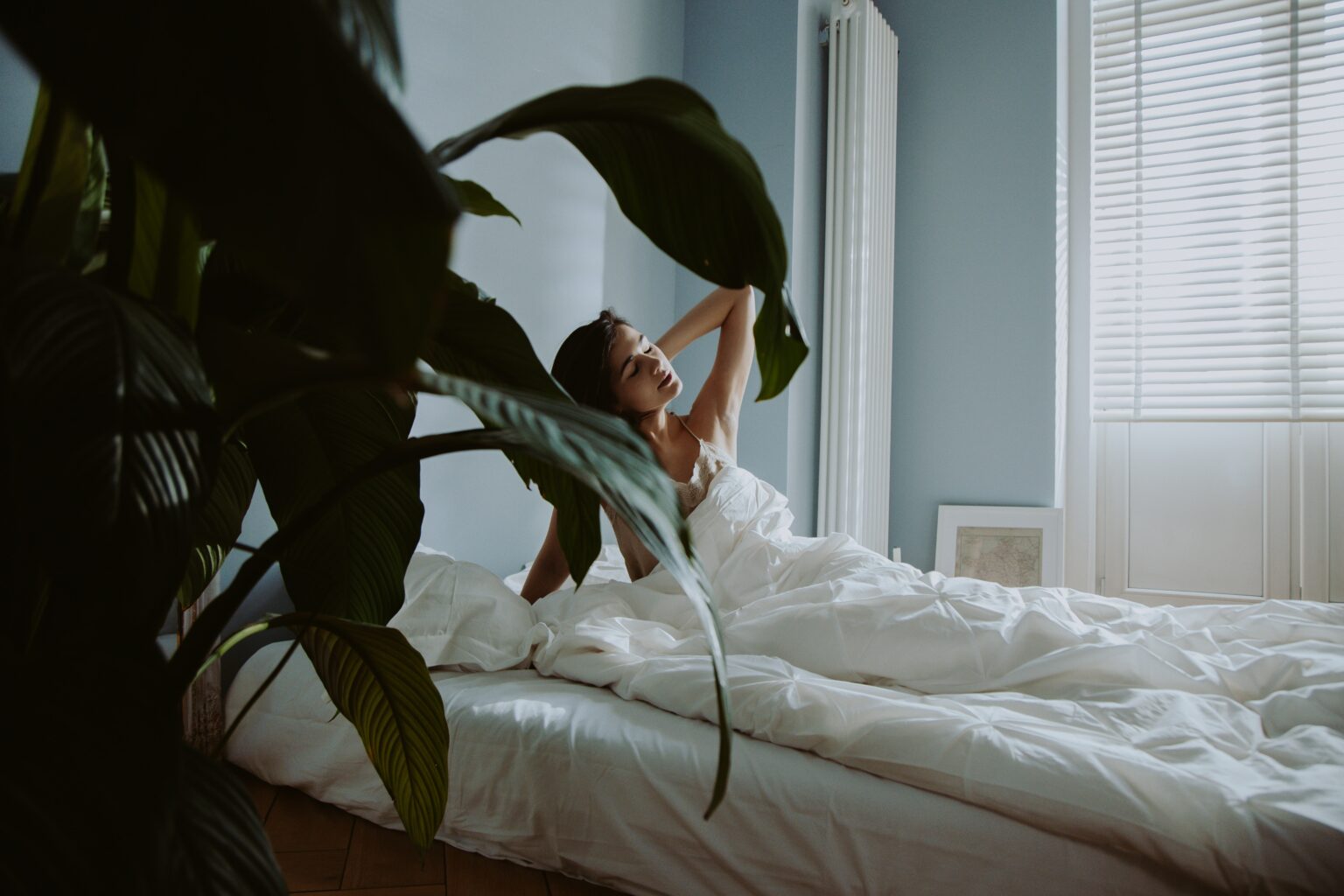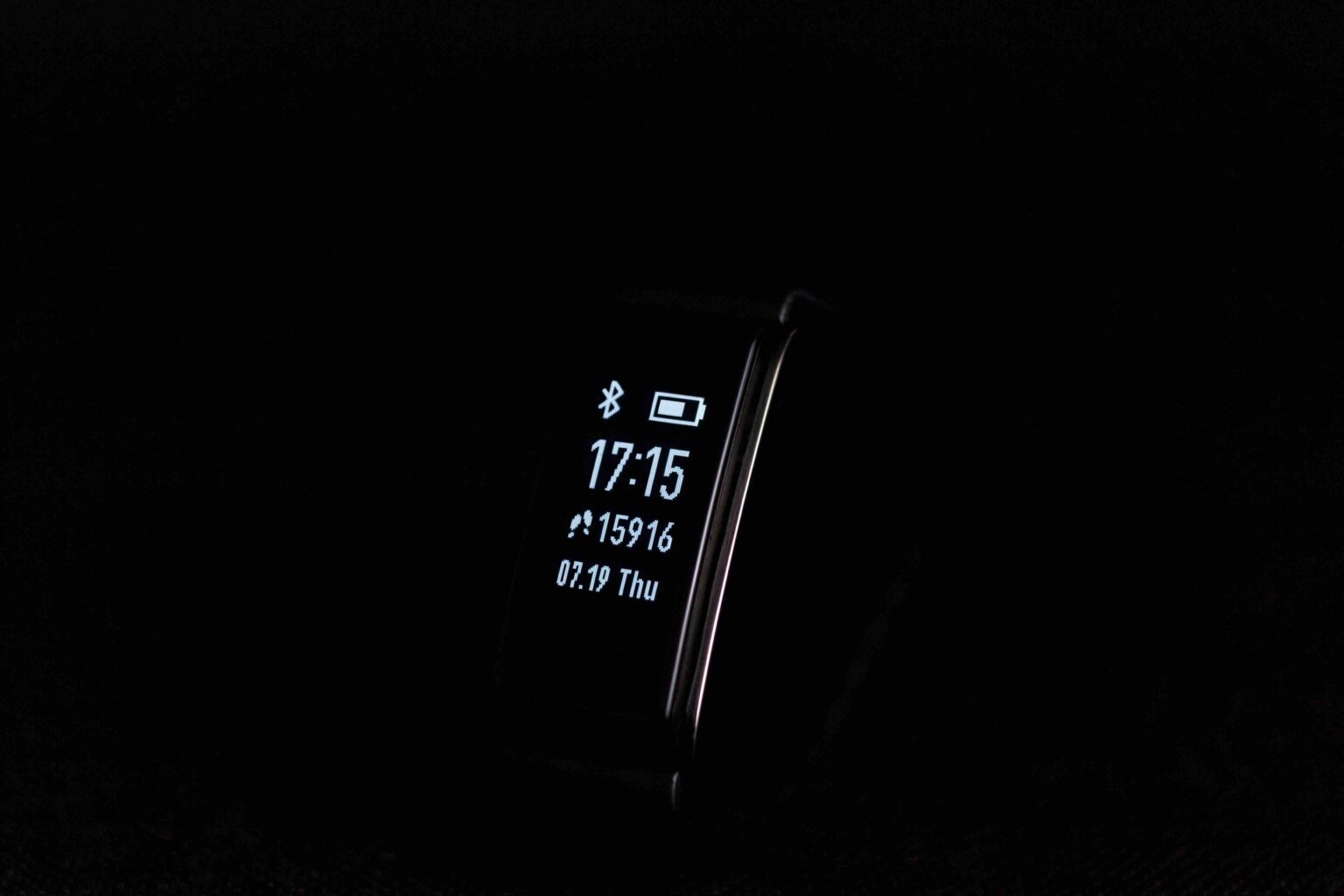When do you tend to eat your last meal or snack of the day?
Sometimes you just have to grab a bite to eat right before bedtime. Perhaps you skipped dinner and got home late, or maybe you had a meal in the early evening and now your stomach is rumbling.
And while late-night snacking isn’t exactly up there with smoking and drinking to excess, snacking late at night often can impact the quality of your sleep — and therefore your health and wellbeing.
Is it bad to eat and then sleep soon after?
Doctors and dieticians recommend that we stop eating around three hours before bedtime.
That’s because eating right before you hit the hay can affect your sleep in a couple of different ways.
As well as causing digestive issues like heartburn or bloating, late night eating affects your circadian rhythm. This is the sleep-wake cycle that (when properly tuned) helps you to feel alert during the day and sleepy at night.
Sunlight and regular mealtimes help the body get into a good circadian groove. But by eating late at night you disrupt your rhythm, increasing the likelihood of insomnia and daytime sleepiness.
When we eat late — whether it’s a late-night kebab or a few nuts — our bodies have to bring all their digestive processes back on-line to deal with the extra food. They then have to work for a few more hours than usual to process and digest the food, so that they can shut back down for overnight repairs and maintenance.
It’s a bit like calling everyone back into the office after hours to deal with an emergency. Do it consistently, and you’ll over-stress.
As we get later in the night, our bodies also deal with sugar differently. Melatonin, the hormone that helps us feel sleepy, has an important effect on the way the body handles blood sugar. That’s why circadian scientists advise against regularly eating when melatonin is high – i.e. just before bed.
So is snacking at night a total no-no?
Not necessarily.
Many of us are tempted to raid the snack cupboard when we’re bored or stressed. But if you’re actually hungry late in the evening, then that’s a little different.
Getting into bed when all you can think about is your empty stomach is a recipe for a restless night. So while eating the right amount of healthy calories throughout the day is by far the best option, a healthy late-night snack can sometimes aid your sleep if you haven’t managed to eat enough during the day.
When can snacking help to promote sleep?
Healthy snacking during the day is much more likely to improve your sleep than snacking late at night. But if you absolutely can’t head off to bed without a quick trip to the fridge, remember that some types of foods are better than others.
What foods help you fall asleep?
There are a couple of foods that are thought to have sleep-inducing properties. Most of these foods contain (or promote the body’s production of) melatonin, serotonin and tryptophan — all of which help you to sleep.
These foods include:
- Turkey
- Chicken
- Fatty fish
- Nuts
- Eggs
- Whole grain bread, crackers or cereal
- Kiwi fruit
- Tart cherry juice
- Warm milk
Does eating healthy help you sleep better?
Diet and sleep are closely linked — and that makes sense when you think of sleep as a chemical process.
Get the right mix of healthy dietary nutrients throughout the day and your body has all the ingredients it needs to create the amino acids involved in sleep. This means you’ll find it easier to drift off and stay asleep too.
And once you’re in a good eat-sleep routine, things get even easier. After a good night’s sleep you’ll be able to resist cravings for fatty and sugary foods; your appetite will be well-regulated and late night snacks will be a lot less tempting.
Ready to learn more about circadian wellness? Keep reading the Owl & Lark journal for more on healthy living and the science of sleep.
***

